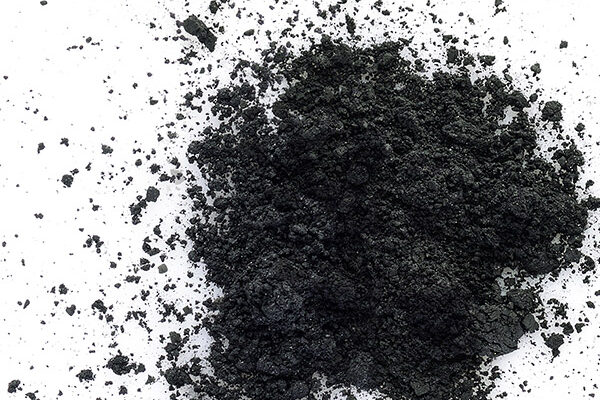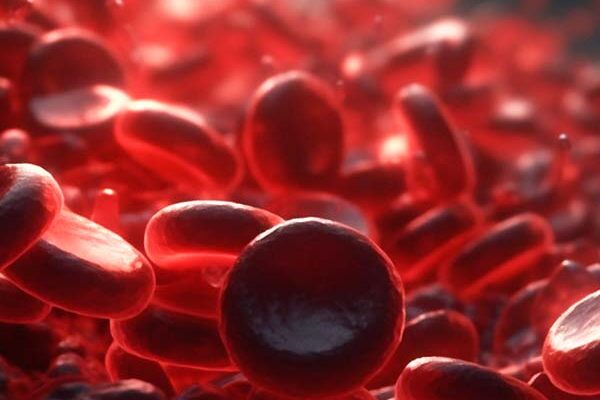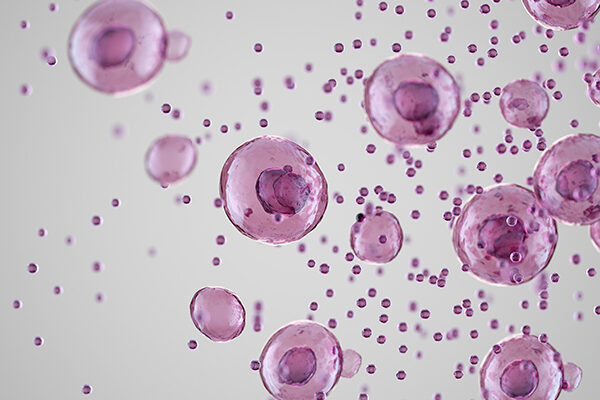PEG functionalised graphene is a novel nucleant specifically designed for automated and high throughput crystallisation experiments.
Proposed use
The graphene functionalised PEG nucleant produces high quality crystals for a wide range of proteins and other biomolecules. The nucleant can crystallise proteins at low concentrations, thus making it invaluable for target proteins that are available in limited supply, as is common due to the difficulties of isolation. Thus, it finds application in a wide range of industrial sectors. In the pharmaceutical industry, it facilitates economic and faster discovery and design of active compounds that target wide range of diseases. The nucleant also plays an important role in the manufacture of speciality chemicals such as agrochemicals, pigments, catalysts, dyes, zeolites and food products. Its application also extends to mineral processing, waste treatment, construction materials, energy storage and electronic chemicals.
Problem addressed
Crystallisation is crucial for the structure determination of proteins and other biomolecules that have important applications in various sectors of biological sciences, including, agrochemicals, biorefinery, food technology and drug discovery. One of the major challenges posed by existing nucleants is that their functions are limited by narrow applicability or difficult implementation.
Technology overview
Researchers at Imperial College London have developed a novel nucleant that enhances crystallisation: The polymeric component (methoxy polyethylene glycol) is covalently linked to the carbon material and aids the dispersion of the nucleant and the confinement of the protein at the surface. The graphene functionalised methoxy poly ethylene glycol (mPEG) can be readily dispersed and used to crystallise proteins at low concentrations of protein. The functionalised carbon nanomaterial (CNM) (graphene) acts as a nucleant for the crystallisation of proteins. The nucleant can be used to crystallise a broad range of biomolecules of varying molecular weights.
Benefits
- Enable the formation of high quality crystals for a wide range of biomolecules
- Nucleate crystallisation from lower concentrations of biomolecules
- Accelerate screening and optimisation, through integration with automated, high throughput processes






